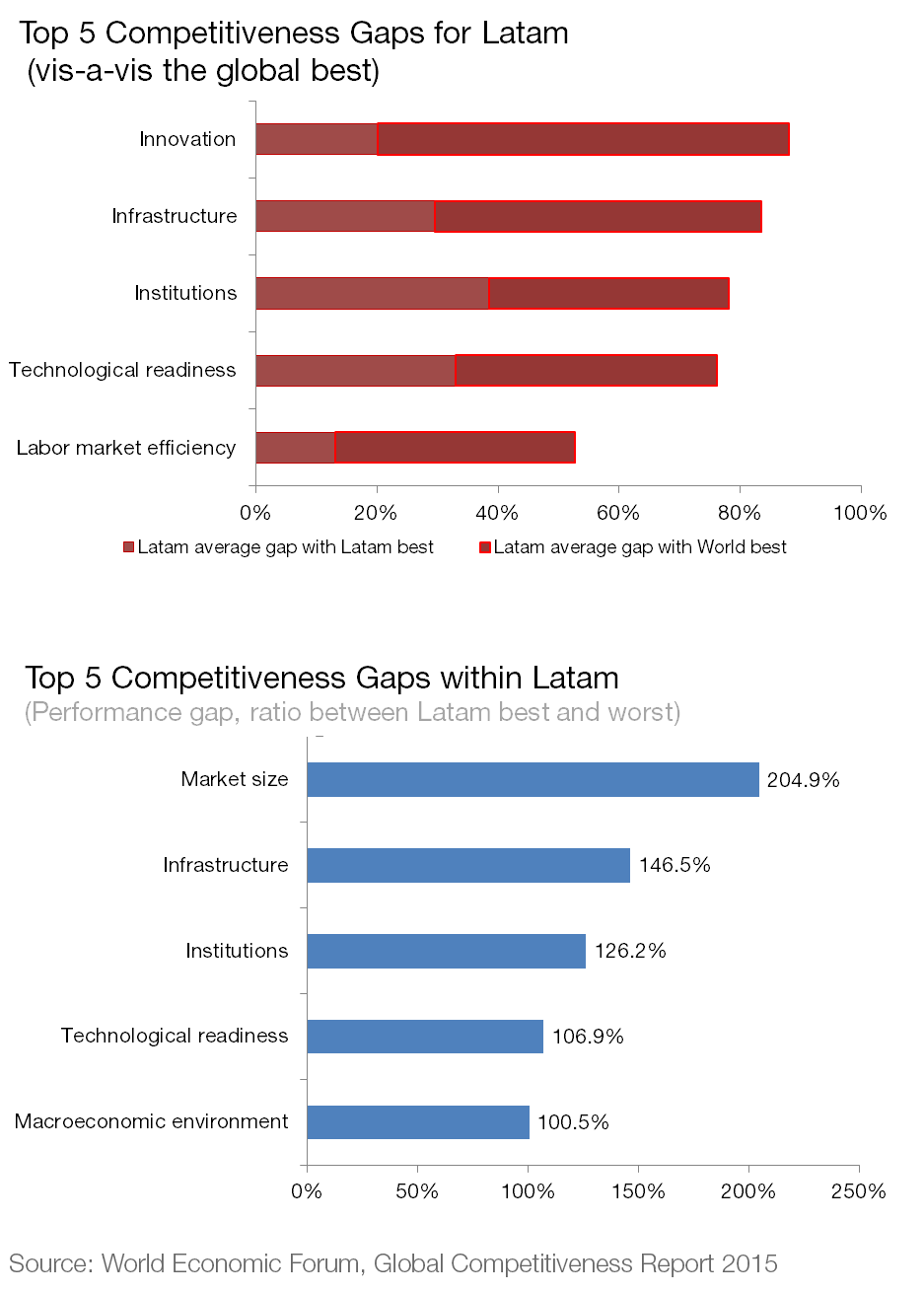Income inequality is high in Latin America. Is that finally about to change?

Image: REUTERS/Alexandre Meneghini
Stay up to date:
Inclusive Growth Framework
Latin American economies have seen two decades of substantial economic and social progress. Yet, with less favourable external conditions, and a slowdown in growth, how can the region build on the gains made in the last few decades? Continued progress towards greater equity and productivity enhancing reforms will be critical to reigniting growth in the region.
The commodity boom fuelled by high growth in China, together with monetary easing in the industrialized world following the 2008 financial crisis, resulted in an increase in foreign direct investment, favourable terms of trade and a decade of strong growth in Latin America. Coupled with successful social programmes, the region saw a fall in poverty at an unprecedented rate, a growing middle-class and some reduction in inequality.

Many countries have improved livings standards - on average, median incomes have increased from $6.20 to $8.70 per day since 2002, yet many remain at low and vulnerable income levels, and progress appears to be stalling.
In spite of substantial improvements, inequality remains high in many countries. In Chile, for example, the incomes of the richest 10% are still more than 25 times those of the poorest 10%, while in Brazil, the income gap between the top and bottom deciles is about 5 times that of advanced economies - illustrating that most countries still have a long way to go to ensure widespread social progress.

As prices fall, large external imbalances have appeared with current account deficits increasing, fiscal imbalances growing with less government revenues from taxation and growth has stalled. Diversifying national economies and export baskets through policies that improve productivity has been identified as a priority for the region. The growth of new sectors, driven by innovation, science and technology, and entrepreneurship, together with productive and social inclusion policies that improve productivity and participation, is urgent in the region.
Some of the same factors required to close the competitiveness gaps will also be important to increase the inclusiveness of the growth process within countries and across the region.

Important win-win areas include:
Sound public institutions will be critical to pave the way for productive and inclusive reforms, closing income gaps between and across countries.
Investing in equitable educational systems will equip large parts of the population with the skills required by modern economic production and therefore will create better job opportunities for all.
Bridging gaps in infrastructure capacity in the region, especially in ICT and transport will reduce logistics cost, boost efficiency and connect people to markets.
At the same time, improving the functioning of labour markets, social protection, financial inclusion and broad based asset building will be important to turn efficiency gains into shared prosperity.

For a more detailed analysis of key priority areas for Latin America, go to widgets.weforum.org/cards
The World Economic Forum on Latin America is taking place in Medellin, Colombia from 16 to 17 June.
Don't miss any update on this topic
Create a free account and access your personalized content collection with our latest publications and analyses.
License and Republishing
World Economic Forum articles may be republished in accordance with the Creative Commons Attribution-NonCommercial-NoDerivatives 4.0 International Public License, and in accordance with our Terms of Use.
The views expressed in this article are those of the author alone and not the World Economic Forum.
Forum Stories newsletter
Bringing you weekly curated insights and analysis on the global issues that matter.
More on Economic GrowthSee all
Kerry Breen and Sylvana Quader Sinha
June 20, 2025
Kaiser Kuo
June 19, 2025
Mamta Murthi and Sania Nishtar
June 19, 2025
Julia Hakspiel
June 17, 2025
Swapan Mehra and Akim Daouda
June 16, 2025
Aengus Collins
June 12, 2025





